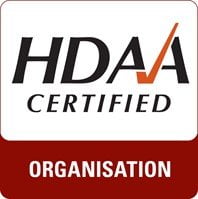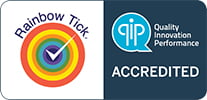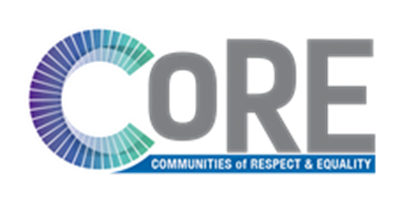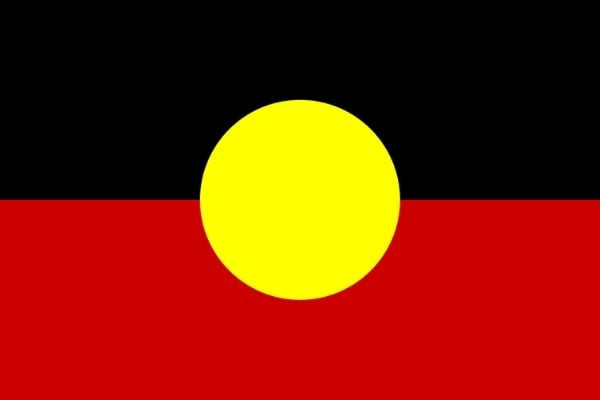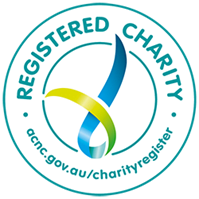A problem shared is a problem halved, so the adage goes, but disclosing to anyone that gambling is having a negative effect on one’s health and wellbeing can be extremely daunting, according to Linda Borner, Cafs Gamblers Help Community Engagement Officer.
Gambling Harm Awareness Week (16 to 22 October) this year will focus on how to have a conversation with someone who might be experiencing gambling harm.
‘As a society, we need to become more adept at raising our concerns if we suspect a friend or family member is experiencing gambling harm or showing early signs that they are at risk of harm.’
‘It’s human nature to avoid awkward conversations, but enduring some discomfort now could be the difference between a loved one getting back on track early and them experiencing more severe consequences later.’
Linda Borner stated that talking is beneficial to recovery, with 94 per cent of Gambler’s Help clients in 2022–23 reporting that counselling helped them to achieve their goals, which related mainly to stopping gambling, as well as financial, emotional and psychological outcomes.
‘Gambling can change how a person feels and behaves, so encouraging them to share what’s on their mind can be an effective first step.
‘This requires preparation and sensitivity. For example, it is important to choose the right time and place to broach this kind of conversation – it should be somewhere that offers privacy and at a time when interruptions are unlikely.
‘Let the person know that you want to support them, but also respect their boundaries. If they’re not ready to talk, back off and try again another time,’ she said.
Common signs of gambling harm include stress, irritability, secrecy, difficulty sleeping or concentrating, drinking or smoking more than usual, not spending as much time with family or friends, frequently borrowing money, intermittent periods of having lots of cash and no cash, an intense interest in sporting odds, and using multiple betting apps.
During Gambling Harm Awareness Week communities are encouraged to Talk. Share. Support. to reduce the stigma associated with gambling harm, promote help seeking and offer hope of recovery, especially through stories of lived experience.
For more tips on having the conversation and other useful resources, including a new podcast – Let’s talk gambling – with clinical psychologist Dr Anastasia Hronis, visit gamblershelp.com.au. And show your support on social media using #GHAW2023 #TalkShareSupport.
Anyone negatively affected by their own or someone else’s gambling can call Cafs 1800 692 237 or the 24/7 Gambler’s Help line on 1800 858 858 for free, confidential advice and support.
